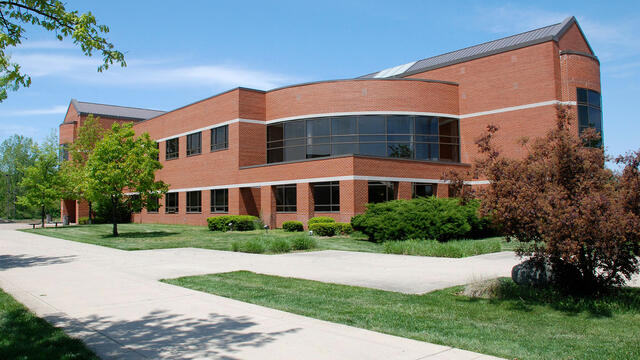

Department of Engineering and Technology
Manufacturing Engineering
The four-year Bachelor of Science program in Manufacturing Engineering (MFE) is one of few such programs in the nation that are dedicated to undergraduate manufacturing engineering education. The Manufacturing Engineering program is accredited by the Engineering Accreditation Commission of ABET.
The overall Manufacturing Engineering curriculum consists of major components of mathematics (through Differential Equations and Calculus III), basic sciences, engineering sciences, humanities and fine arts, and social and behavioral sciences, together with the Engineering major requirements that can be grouped into the following topic areas:
- Materials and Manufacturing Processes
- Process Assembly and Product Engineering
- Manufacturing Productivity and Quality
- Manufacturing Integration Methods and Systems Design
Throughout the curriculum, emphasis is given to the engineering design function and computer applications.
Exceptional programs
-
The overall Manufacturing Engineering curriculum consists of strong components of mathematics, basic sciences, engineering sciences, humanities, and social sciences.
-
The four-year BS degree program in Manufacturing Engineering (MFE) is one of few such programs in the nation which are dedicated to undergraduate manufacturing engineering education. The Manufacturing Engineering program is accredited by the Engineering Accreditation Commission of ABET.
Water Resources Management
The International Center for Water Resources Management at Central State University was formally created by the State of Ohio by H. B. 171 in 1987. The law stipulated that the Center shall develop methods to ”improve the management of water resources of Ohio and emerging nations” (Ohio Revised Code: 1987 Legislation, Page 504). This mission is directly linked to that of the University in offering programs with multi-cultural and global perspectives with particular emphasis on African and African American cultures; collaborating with other educational institutions, business organizations and government agencies to enrich learning experiences and educational opportunities for students; and in providing quality educational programs in the scientific technical fields where minorities have been traditionally underrepresented.

Academic Programs at the Center
The Center now contains two academic programs that are interrelated– Environmental Engineering (ENE), and Water Resources Management (WRM). Students obtain baccalaureate degrees in these fields. It is now possible also to obtain a minor in Water Resources Management. With these programs of study, the Center is the focal point for environmental related studies at Central State University.
Exceptional Programs
-
The overall Water Resources Management engineering curriculum consists of major components of mathematics (through differential equations and calculus III), basic sciences, engineering sciences, humanities & fine arts, and social & behavioral sciences
-
The Center now contains two academic programs that are interrelated– Environmental Engineering (ENE), and Water Resources Management (WRM). Students obtain baccalaureate degrees in these fields. It is now possible also to obtain a minor in Water Resources Management.